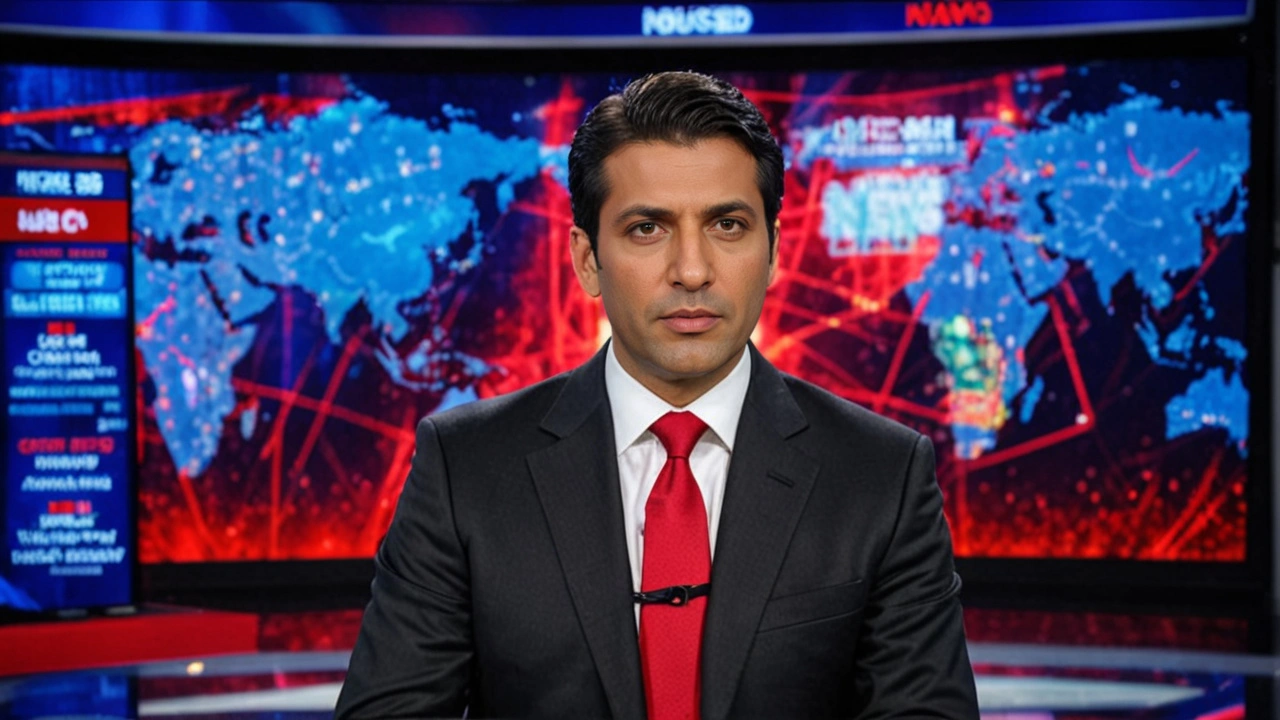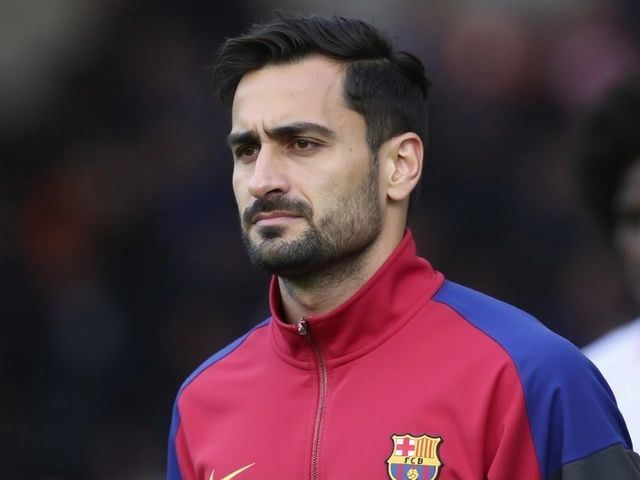Police Accountability in Africa – Why It Matters and How You Can Help
When the badge is trusted, communities feel safe. When it isn’t, fear spreads fast. That’s why police accountability isn’t just a buzzword; it’s the backbone of any healthy society. In many African countries, people are demanding clearer rules, faster investigations, and real consequences when officers break the law.
What Does Police Accountability Actually Look Like?
At its core, police accountability means that law‑enforcement officers answer for their actions – just like any other public servant. It involves transparent investigations of misconduct, independent oversight bodies, and clear disciplinary procedures. For example, South Africa’s Independent Police Investigative Directorate (IPID) can launch inquiries without needing a senior officer’s sign‑off. In Kenya, the Independent Policing Oversight Authority (IPOA) publishes its findings online so anyone can see what happened.
Effective accountability also means citizens have a voice. Community policing forums, complaint hotlines, and social media platforms let ordinary people report abuse without fear of retaliation. When these channels are taken seriously, they turn complaints into real change rather than just paperwork.
How You Can Push for Better Oversight
Want to make a difference? Start by staying informed about the oversight bodies in your country and how they operate. If you see something wrong, use official complaint forms or trusted NGOs that specialize in police monitoring. Don’t assume silence is safe – many organizations protect whistle‑blowers and can guide you through the process.
Another practical step: support local journalists who investigate police misconduct. Their stories often spark public pressure that forces authorities to act. Sharing verified reports on social media amplifies the message and shows officials that the community is watching.
Finally, consider joining or forming a community watchdog group. Regular meetings with police representatives can build trust and create a space for direct feedback. When citizens and officers talk openly, misunderstandings shrink and accountability improves.
The road to stronger police accountability in Africa isn’t quick, but every report filed, every article read, and every conversation started adds up. By demanding transparency and standing up for your rights, you help build a safer future where the police protect – not intimidate – the people they serve.

Kenya Court Declares Police Killing of Journalist Arshad Sharif Unlawful: A Landmark Ruling
A Kenyan court has ruled the killing of Pakistani journalist Arshad Sharif by police unconstitutional. Sharif fled Pakistan amid sedition charges and was killed in Kenya in October 2022. His widow and journalist groups filed a complaint leading to a landmark ruling and compensation order. This case sets a strong precedent for police accountability.




